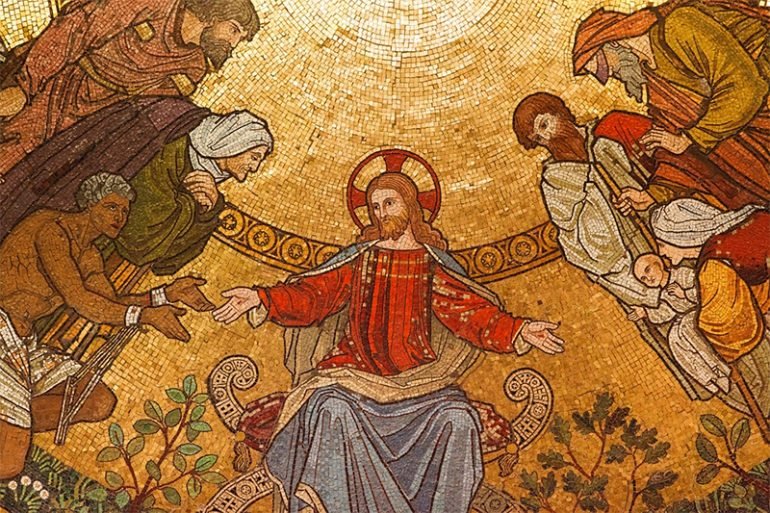
What if the Judeo-Christian tradition has shaped you more than you think?
Welcome to our new series: where did I get my ethics?
Does Christianity matter any more, especially now that more people than ever say they don't believe in any religion? Historian Tom Holland says that key Christian ethics have had such a profound impact on our culture that they shape the views even of modern atheists who are unaware of it. Human rights, the idea of social progress, care for the most vulnerable among us, gender equality, even ideas of secularism -- Holland and others argue that these all have to be traced back to early Christian thinking. That thinking borrowed heavily from Judaism but otherwise turned ancient value systems upside down. This series explores this provocative thesis, starting with how early Christianity related to classical Jewish thought but departed sharply from the ethics and ideas of the Greeks, Romans, and other ancient cultures.
Part 1: Justin Brierly
Convenor of major conversations about faith and atheism, host of the prominent podcast "The Surprising Rebirth of Belief in God", and author of the book of the same name. Brierly kicks off our series and relates it to the revival in faith that he believes is underway. We'll distribute copies of his recent book and also Glenn Scrivener's The Air We Breathe.
Part 2: Matthias Gassmann
Gassman, a scholar of antiquity now at the University of Florida, will explain how early Christian thought was radically different from other major cultures at the time. This will be the second part of the series: Where Did I Get My Ethics?
Part 3: Janet Spittler and Chuck Mathewes
Dr. Janet Spittler will be joined by Dr. Chuck Mathewes, both from the University of Virginia’s Religious Studies department, for a conversation on the intersection of early Christianity with contemporaneous Jewish culture and practice. This discussion on the diverse and surprising antiquity of the Judeo-Christian heritage will serve as the third part of the series: Where Did I Get My Ethics?
